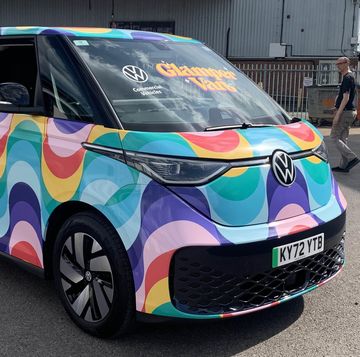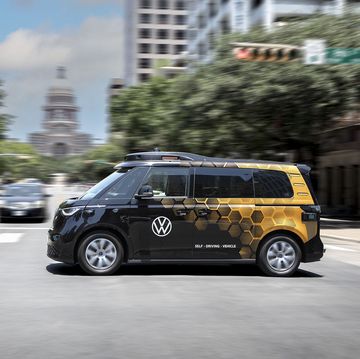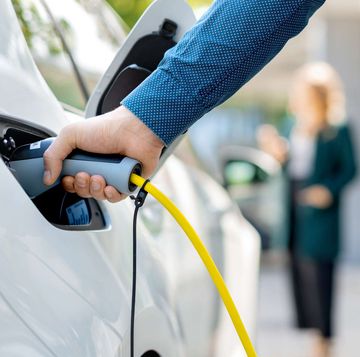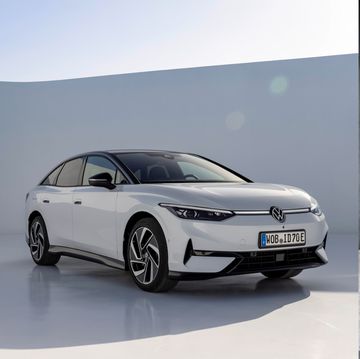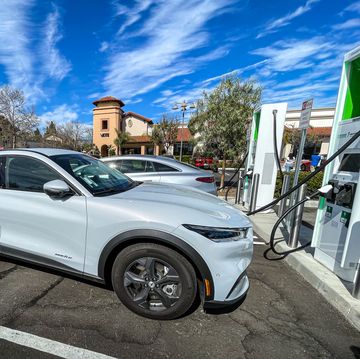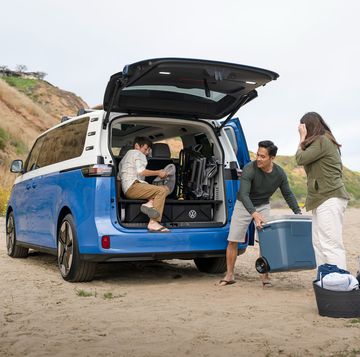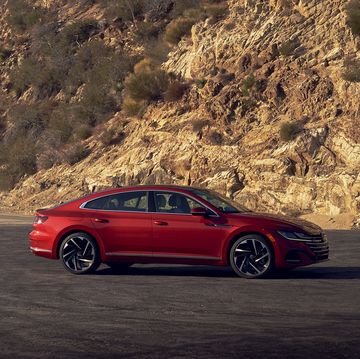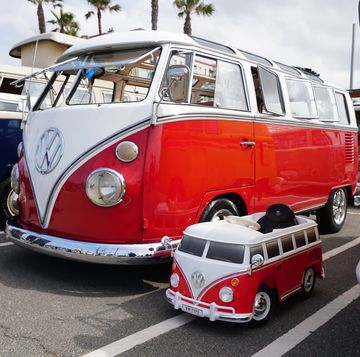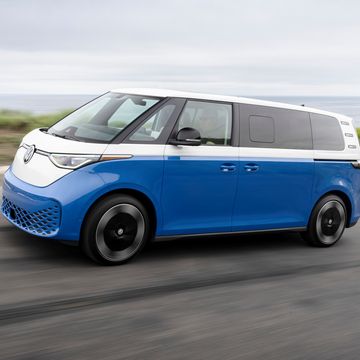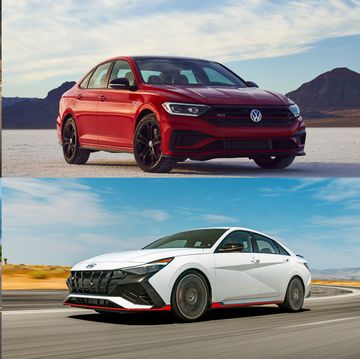- At Capital Markets Day, Volkswagen lays out a business strategy for the rest of the decade under new Group CEO Oliver Blume, intending to focus less on volume.
- The automaker, in the midst of a turn to electrification, wants to achieve 9% to 11% return on sales by the year 2030.
- The VW Group plans to give its brands more control and responsibility over strategy, financial targets, and brand identities.
For a long time the Volkswagen brand chased sales volume in the US and overseas, aiming to overwhelm competitors when it came to the numbers of cars dealers sought to sell, and keep selling. While this approach worked for a number of decades in several crucial markets, including the US, the achievement of this volume often came at the expense of build quality or short and long-term reliability, as the remaining numbers of VW Group vehicles of the 1990s and early 2000s remind us.
This period was followed by a shorter era marked by a reach upmarket, exemplified by vehicles like the Phaeton, Touareg, CC, and finally the Arteon, whose demise was confirmed just days ago. This era left the VW brand with a smaller number of affordable models to offer buyers, as the VW brand struggled to find its footing in a market suddenly saturated by crossovers, which until recently VW lacked.
"Historically, our company has often tried to increase profitability through volume growth—and we have been successful with this strategy," said Arno Antlitz, CFO and COO of Volkswagen Group. "However, we are convinced that the transformation of our industry towards e-mobility and digitalization requires a new approach."
A more fundamental problem became obvious over the past couple of decades: VW has often lagged behind competitors in return on sales, or operating profit margin.
This issue was overshadowed for much of the past half decade as VW struggled to overcome the diesel crisis and launched efforts to electrify its lineup—a slow and ongoing process that is only now starting to show results. But profitability still remains a thorny issue for the VW Group as it faces other challenges including the pandemic-strained supply chains, rising energy costs in Europe, rapidly growing competition in China, battery production bottlenecks, union labor issues in Germany, and ongoing struggles at VW's in-house Cariad software unit.
A few days ago at Capital Markets Day, VW unveiled a new strategy that prizes value over volume, all with the goal of achieving 9% to 11% return on sales by the year 2030.
VW is hoping this new steering model, one which will give VW Group brands more control and responsibility over strategy, financial targets, and brand identity, will turn things around by the end of the decade.
"We are currently in exciting, yet challenging times," said Oliver Blume, CEO of Volkswagen Group. "The automotive industry is transforming at an unprecedented pace, with e-mobility and digitalization in particular dominating the agenda of the future. We need to accelerate our own transformation even further to secure and enhance our competitiveness.
Just what will this process look like?
The automaker intends to prize sustainable value creation over purely volume-oriented growth, realigning its technology platforms to offer a superior customer experience, and applying this approach to the four technological areas. These include batteries, platform architectures, software, and mobility services.
When it comes to platforms, VW is readying the long-awaited PPE as well as the second-generation MEB+ platforms. The newly created PowerCo, meanwhile, will lean on the Unified Cell approach to battery packs across the brands, standardizing battery sizes and compositions to achieve economies of scale.
The VW Group's Cariad software unit will be tasked with helping launch the Audi Q6 e-tron and the all-electric Porsche Macan. The automaker's mobility services arm will focus on bringing about the Group's longer-term plans regarding car sharing and subscription services, in addition to leasing and financing.
In the US, this new business strategy will see more investment in EV development, including a new battery plant in Canada. By 2026 the Scout brand will also launch its first electric model, slated to be built in South Carolina.
"Our focus is on implementation, speed, and performance: In the past nine months, we have already made important decisions for the setup of our company," Blume added.
But VW still wants to expand its market share in North America, after a rocky decade that saw not only the diesel crisis damage the brand, but also a slow roll out of crossovers amid a retreat of affordable models.
Admittedly, it's still difficult to tell how VW pictures itself in a few years in several crucial markets, including the US. But if there have been any bright spots over the past decade, they've certainly included the continued rise of Porsche and Audi as luxury brands—both trends that have tended to give cover to much of the troubles at the VW brand stateside. Quite a bit is now staked on the VW Group's longer-term success of its electrification efforts and a wider mainstream adoption of EVs—a trend still facing plenty of headwinds—with many significant shifts just ahead.
What product strategy do you think the Volkswagen brand should pursue, particularly in the US market? Please comment below.

Jay Ramey grew up around very strange European cars, and instead of seeking out something reliable and comfortable for his own personal use he has been drawn to the more adventurous side of the dependability spectrum. Despite being followed around by French cars for the past decade, he has somehow been able to avoid Citroën ownership, judging them too commonplace, and is currently looking at cars from the former Czechoslovakia. Jay has been with Autoweek since 2013.


